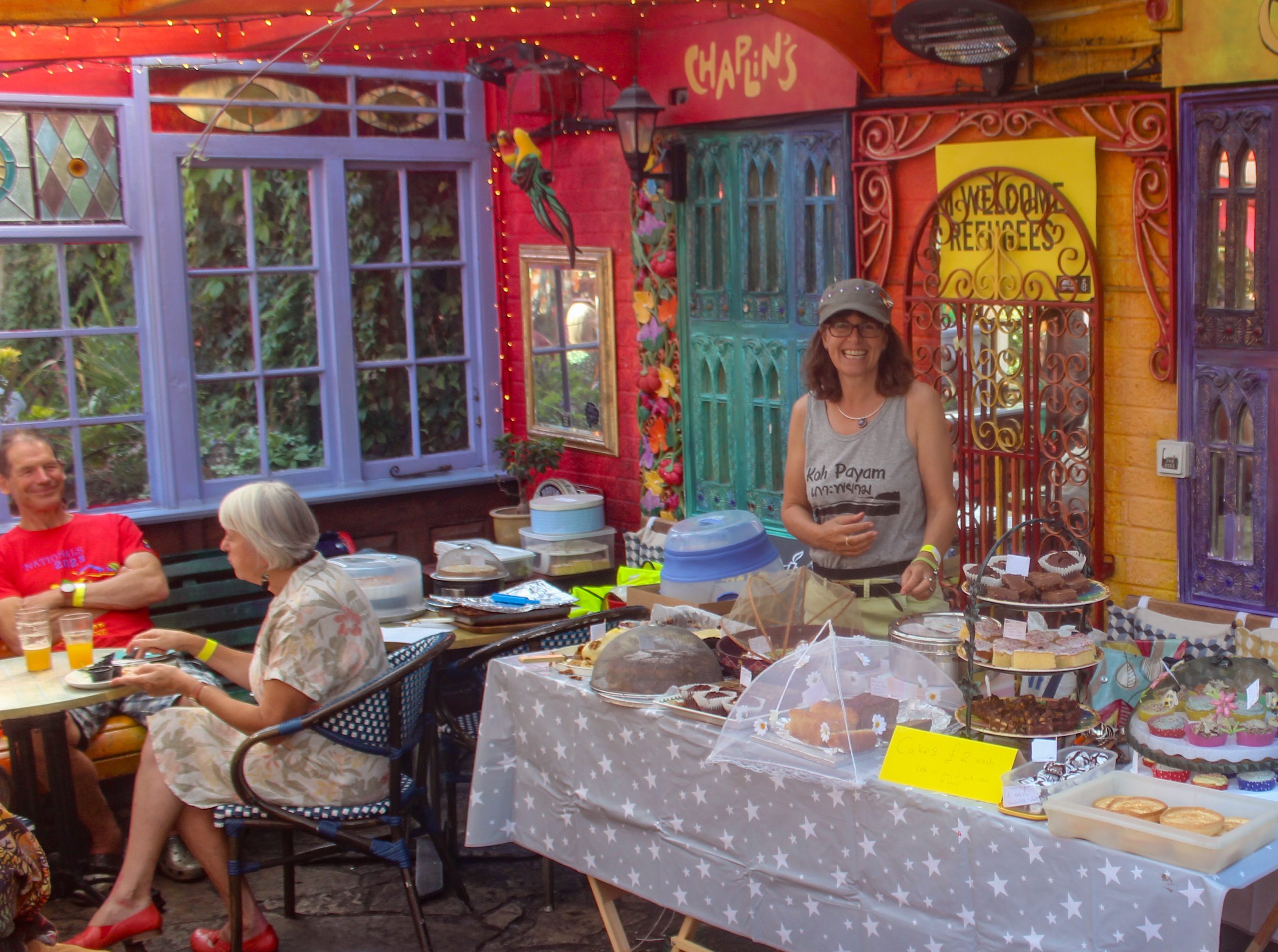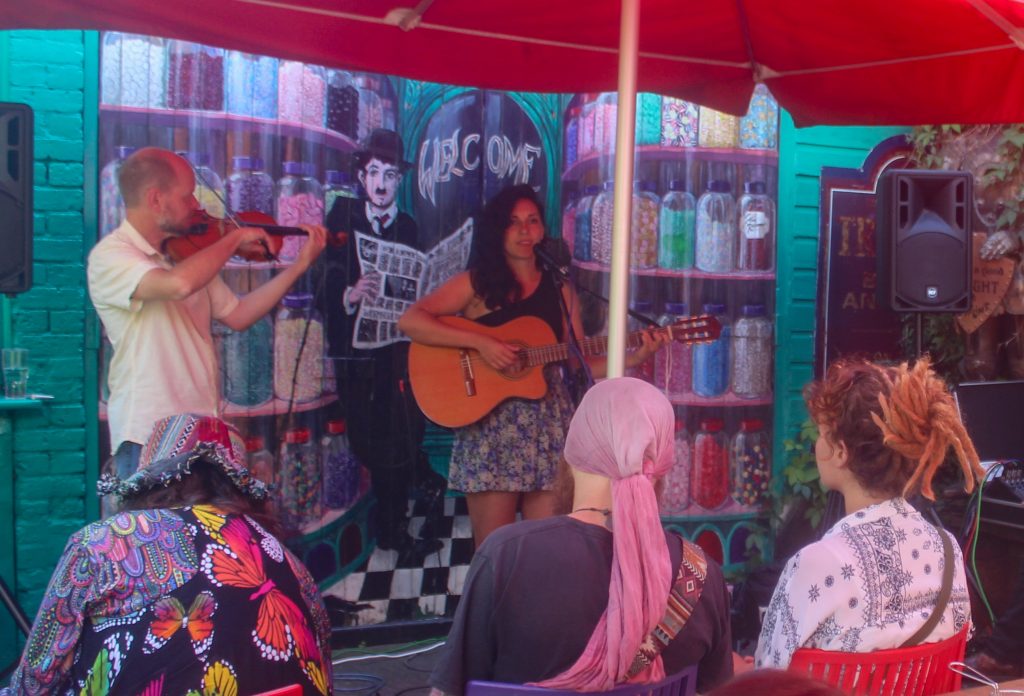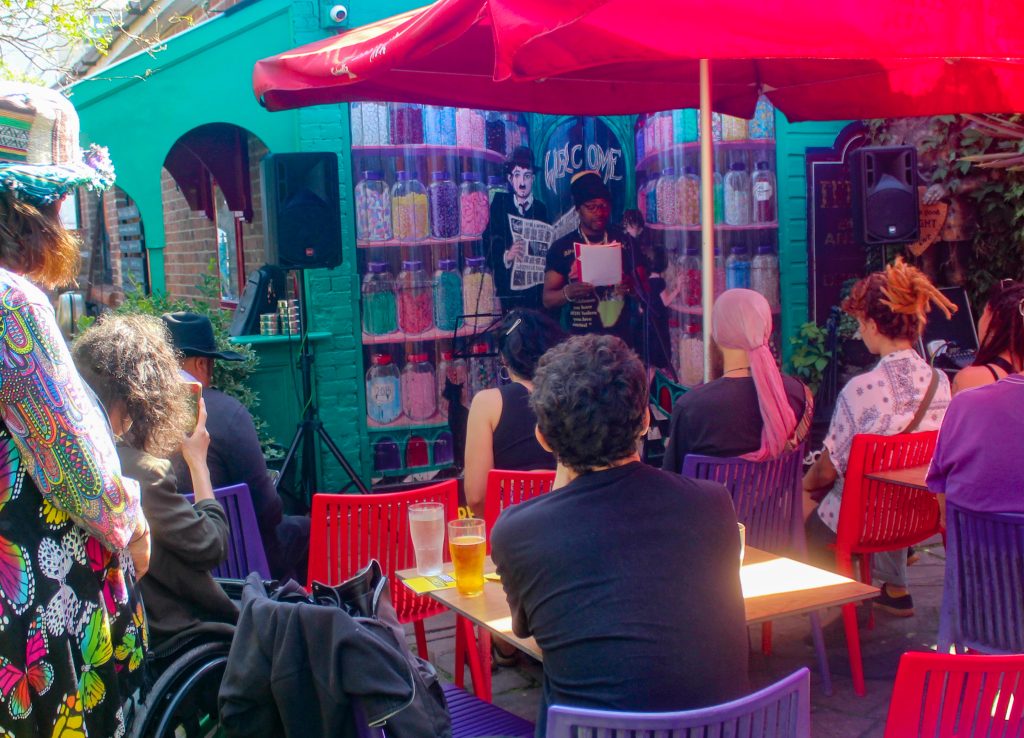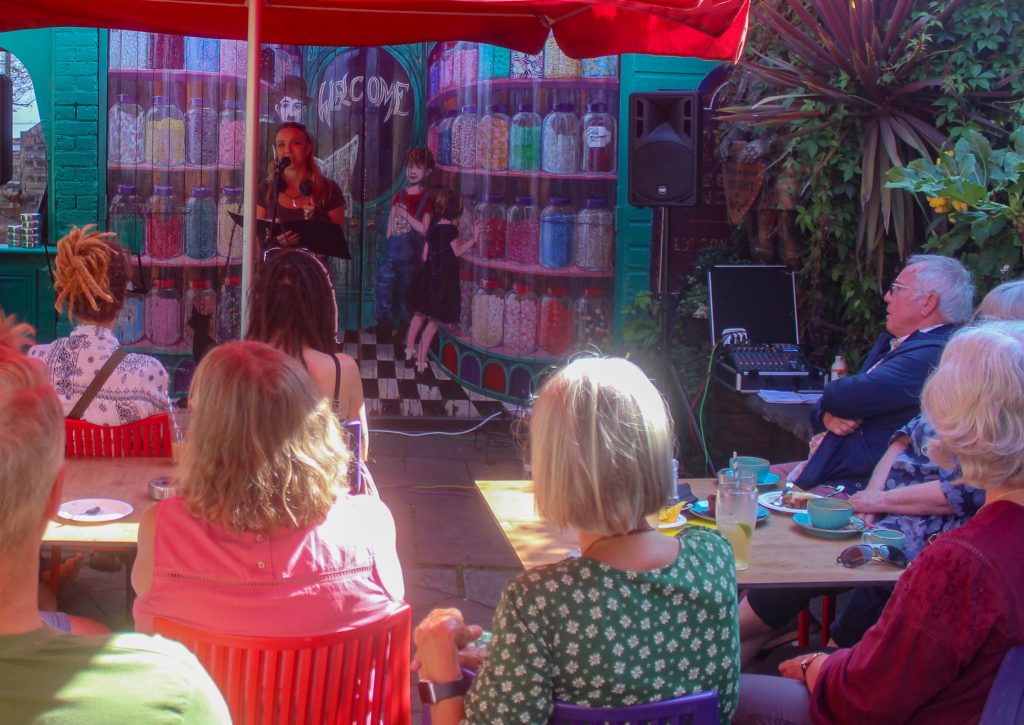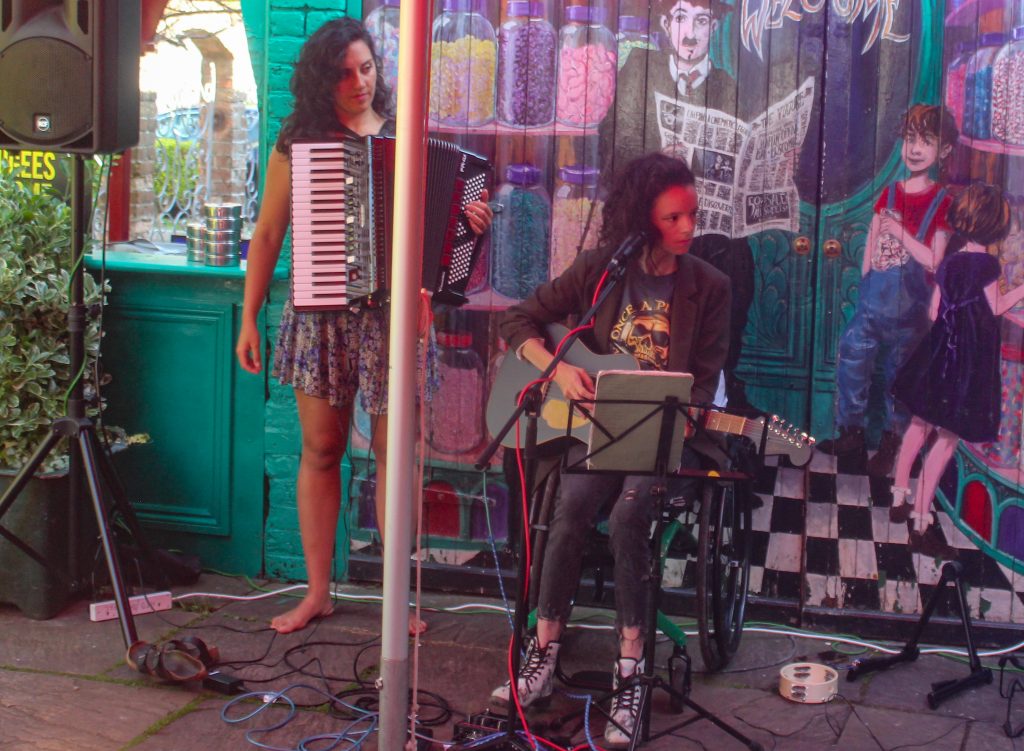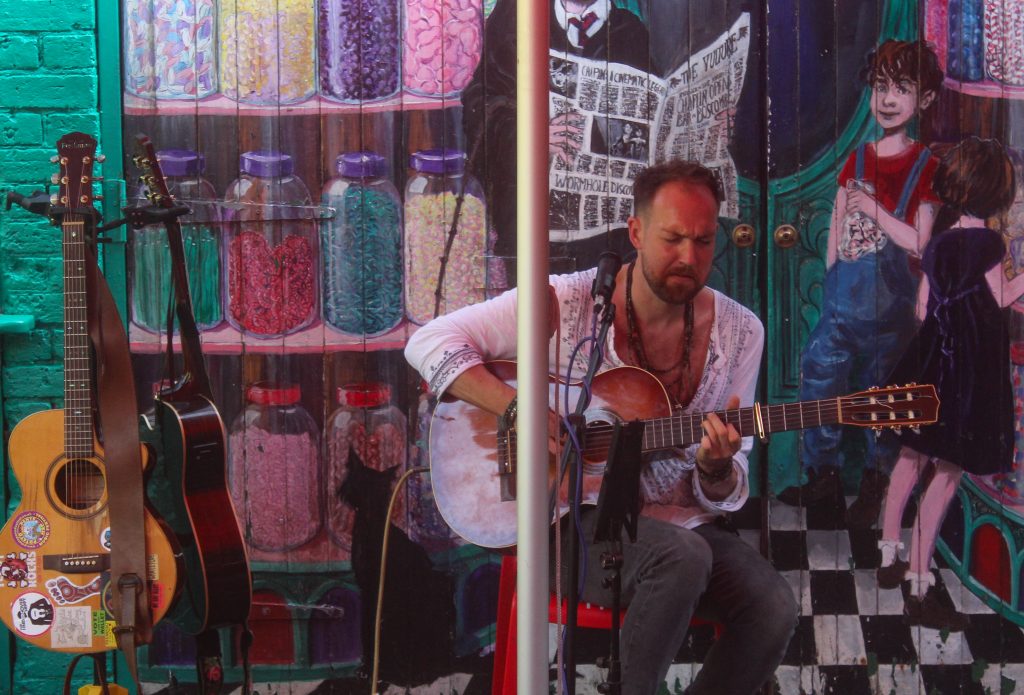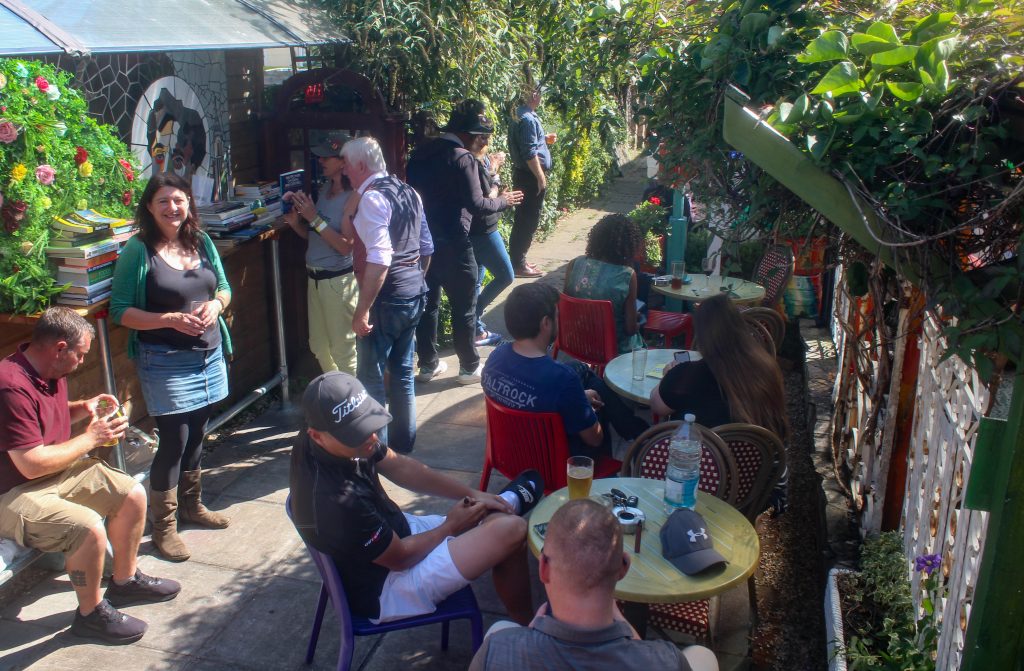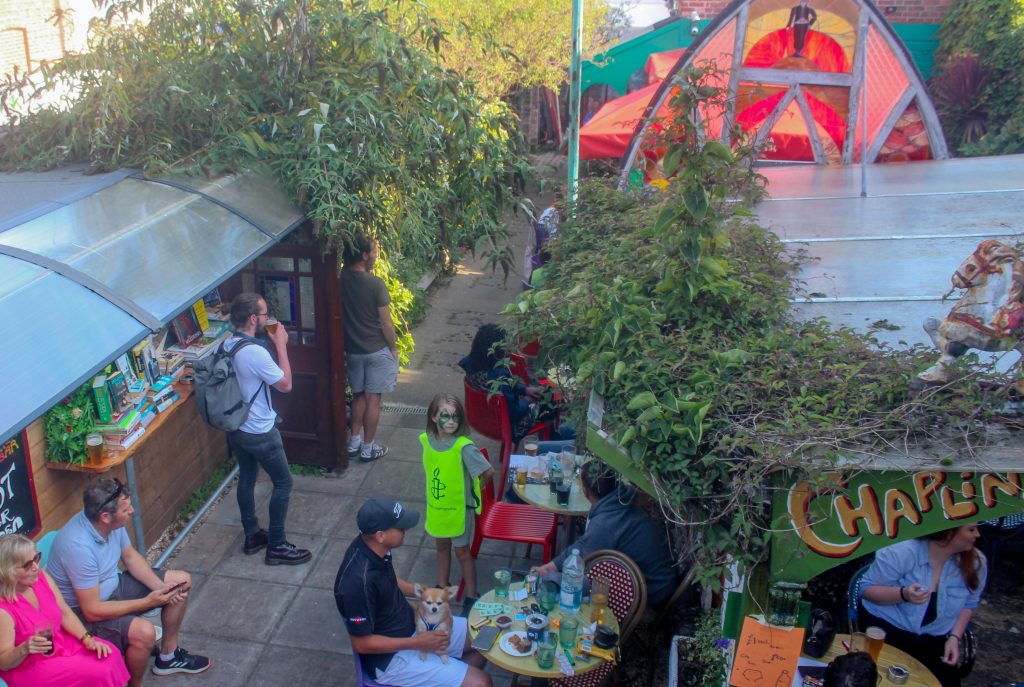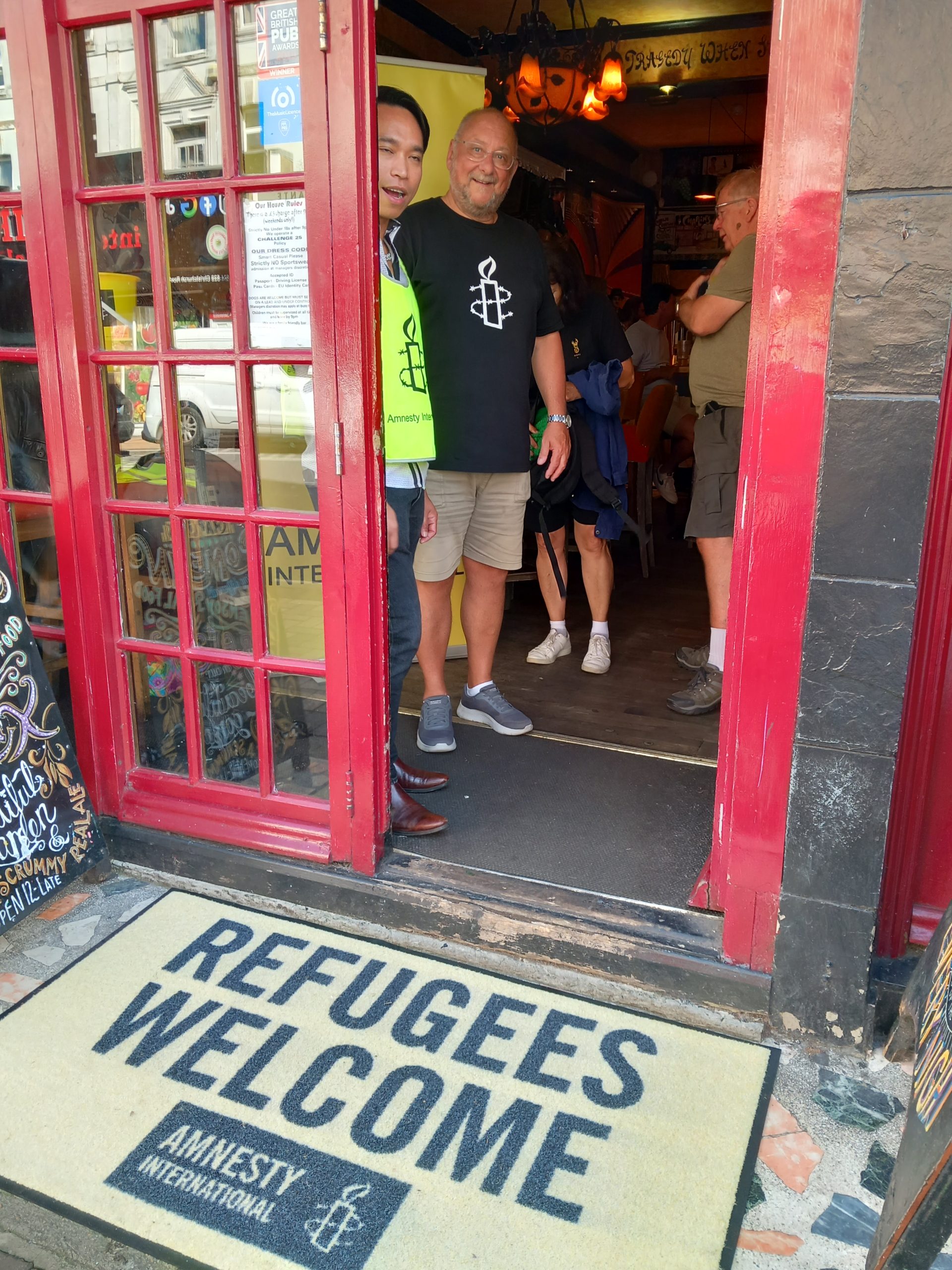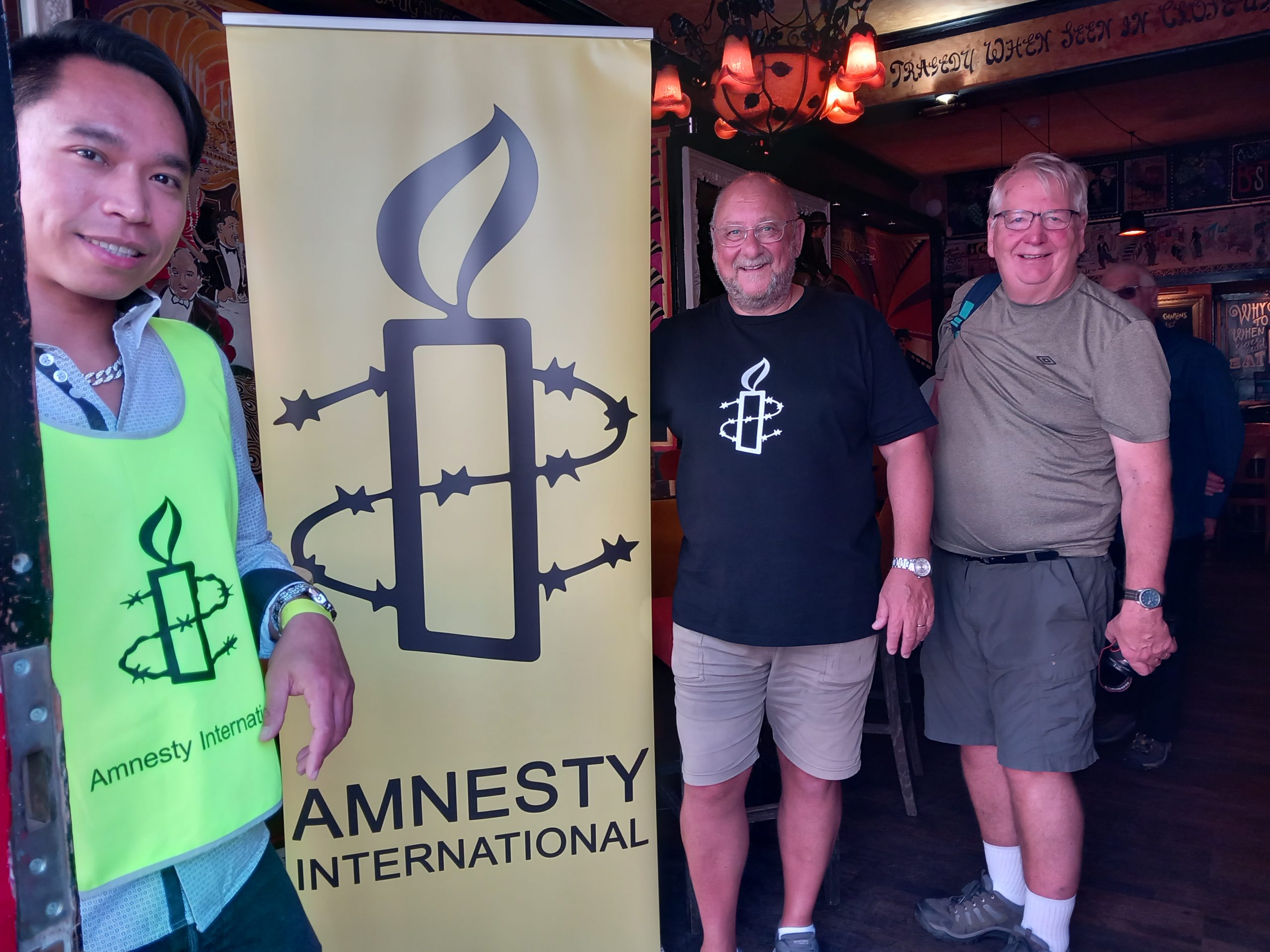|
|
|
|
|
Amnesty International Bournemouth Poole Christchurch Group
local news & events Amnesty International group for Bournemouth, Poole & Christchurch
by zarganar
|
|
|
|
|
by zarganar
Here is our latest Newsletter with updates and actions. AIUK Europe Team:-
Ulrike Schmidt (Central and Eastern Europe and Balkans), Jovana Bosnjak (Western & Northern Europe), Chris Ramsey (Türkiye)
On 27th August, after an anti migrant demonstration organised by the far right and supported by some local representatives, refugees, migrants and Cypriot citizens of colour were violently attacked by far right groups and their supporters.
An anti-migrant demonstration took place in the village of Chloraka on 27 August, in which local political representatives participated. Later that day, and the following day, far-right groups attacked racialized people, including migrants and refugees, and their property. Two weeks before the attacks, authorities had decided to remove dozens of migrants and asylum-seekers residing in the “Ayios Nikolaos”, an abandoned residential complex, the use of which had been formally banned in 2020.
Similar protests and attacks took place in the city of Limassol on the evening of 1 September. Demonstrators, several of whom were masked, threw Molotov cocktails, chanted racist slogans, attacked and damaged shops owned by racialized people, and physically attacked at least five racialized people, including several delivery drivers. Local reports criticized how the Cypriot police, who were present at the scene, failed to intervene to effectively prevent the violence or protect victims.
Racist attacks have been documented in both Chloraka and Limassol in the past. In January 2022, similar racist demonstrations and attacks were carried out at the “Ayios Nikolaos” residential complex. Earlier this year, racist attacks were also carried out in Limassol.
To the High Commissioner of the Republic of Cyprus His Excellency Andreas S. Kakouris
13 St James’s Square, St James’s London SW1Y4LB
Dear Excellency
I am deeply concerned about the violent attacks against migrants and refugees in Limassol and Chlorakas end of August- beginning of September, where people were attacked, and migrant owned shops destroyed. According to verified reports by Amnesty International racist rhetoric, hate speech and xenophobia promoted by the far right, but also supported by some politicians played a part in encouraging the violent pogrom-like attacks against people and property. I trust that by now there has been an investigation into the violence and the failure of the police to prevent and stop the attacks.
I would be very grateful if you could share the outcome of the investigation with us and the measures taken by the authorities to prevent such violence happening again.
Yours sincerely [Read more…]
by zarganar
Dear Friends,
This month we bring you news that:
REGIONAL

In a new report, Regularize and Protect: International obligations for the protection of Venezuelan nationals, Amnesty has revealed that Colombia, Peru, Ecuador and Chile are failing to comply with their obligations under international law to protect those fleeing Venezuela in order to safeguard their lives, integrity and human rights. Colombia, Peru, Ecuador and Chile are home to 70% of the 7.71 million Venezuelans who have fled Venezuela due to the complex humanitarian emergency and massive human rights violations in that country.
COLOMBIA

Following on from the excessive use of force during the 2021 National Strike, Amnesty International is calling on the Government to reform the National Police, bringing the force under civilian control and making fundamental changes in the way it recruits, trains and operates. In this context, at least 84 people lost their lives, thousands were arbitrarily detained and more than 100 people sustained eye trauma. You can still sign the petition, which is directed at President Petro and Ivan Velasquez, Defence Minister, who is responsible for the police.
The Colombian NGO Indepaz has updated its count of human rights defenders and social leaders killed up to 28 September this year. In this period, 129 have been killed with indigenous and field-worker community leaders particularly at risk. In the same period, 31 ex-combatants of the FARC, who had laid down their weapons complying with the 2016 Peace Accord, have also been killed.
Just in the month of September, The UN’s Office of Human Rights reports that 35,000 people were either forcibly displaced or suffered other restrictions due to the violence in rural areas of Colombia. 45% were indigenous and 55% Afro-Colombian. The majority were children.
The UN Special Rapporteur on the promotion of truth, justice, reparation and guarantees of non-recurrence calls on Colombia’s response to the ongoing violence “must include strategies for an effective State presence in areas most affected by the conflict, comprehensive reparations for victims – including land restitution – and sustainable conditions for the return of victims, the reintegration of ex-combatants and the work of human rights defenders, including social leaders.”
Further to the Government’s recent negotiations with the ELN (National Liberation Army) which led to a 12-month ceasefire starting in July, it has now reached an agreement with the EMC-FARC, formed of FARC dissidents, to begin a 12-month ceasefire. Peace negotiations begin on 8 October. The EMC (Central General Staff) has a force of around 3,000. The Petro government hopes that successive ceasefires with the main armed groups will bring an end to the war in the country, and that unlike the 2016 Accord with the FARC, will not lead to other factions fighting to take over their territory.
WOLA carries an article titled ‘Reverse Land Reform’ which explains the background manoeuvring that has complicated land reform in Colombia. It asks, ‘Can companies who bought that land just a few years later really claim to have done so “in good faith?”’ This case study of land in Sucre, which had once been owned by mestizos, indigenous and Afro-Colombians, ended up being sold to Grupo Argos one of Colombia’s largest companies forty years later. In the intervening years, the paramilitary AUC and FARC guerrillas battled over the land, killing small land owners and forcing them off their land. Subsequent Administrations sought to intervene, using the Armed Forces and enacting policies which meant ‘The massive purchase of land was done at a surprising speed and with all kinds of trickery.’
BRAZIL

Amnesty International has included Ana Maria Cruz Santos in this year’s Write For Rights campaign. Ana Maria Santos Cruz, a mother who is seeking justice for the unlawful killing by the police of her son Pedro Henrique, a young Brazilian activist who advocated for racial justice and human rights. Despite ongoing threats and the grief of losing her child, Ana Maria has bravely sought the truth about his death, calling on the authorities for a thorough investigation and trial. Please write letters to the Brazilian authorities to demand justice and to show solidarity with Ana Maria.
Good news! 27 September the Supreme Court reaffirmed the original right of Indigenous Peoples to the exclusive use of their ancestral territories. This annuls a law which would have deprived indigenous groups from claiming land that they could not prove they had occupied before 1988. Thanks to all of you who responded to the two Urgent Actions.
Amnesty International is calling on Brazil to legalise abortion. In Brazil, the coming days could be decisive in advancing the decriminalization of abortion until 12 weeks of gestation through a vote reopened in the Supreme Federal Court by the minister and president, Rosa Weber, who, before retiring, voted in favour of reproductive rights for women, girls, and all people seeking access to abortion. In Brazil, according to official figures, one in 28 people trying to abort die from doing so in unsafe conditions. In this context, racial inequalities are evident: Black women are two times more likely to die during an unsafe abortion since they are 46% more likely to have one in the first place.
Amnesty International is demanding that three policemen, who have been charged with the killing of a 14-year old boy in May 2020, be tried by jury now. João Pedro was at home in the favela Complexo de Salguero, in Rio State, when the National Police entered the favela. The house where João Pedro was staying was hit by more than 70 shots. Wounded in the stomach, he was taken from the scene by agents from the Special Resources Coordination (CORE), of the Civil Police. João remained missing for around 17 hours without his family having any clue as to his whereabouts. He was found three days later, dead, at the São Gonçalo IML (Legal Medical Institute). Three years have passed and there has been no progress in his case. Between 2014 and 2022, 767 children and adolescents were killed by police intervention in the State of Rio de Janeiro.
The Organisation of American States’ International Commission of Human Rights has expressed its concern at the excessive use of force and condemns the killing and wounding of children during police operations in Brazil. Since January, 19 children were wounded and 12 killed by police in the states of Bahia, Pernambuco and Rio de Janeiro. Six of the victims were under six years of age. More than 70% were Afro-Descendants. [Read more…]
by zarganar
|
|
|
|
|
by zarganar
Our Music Benefit event, held at Chaplin’s Bar in Boscombe on Saturday, was a great success – no mean feat given the competition for public attention (and occasional noise!) from the airshow. We collected over £1600. This couldn’t have happened without the generous support of many musicians, poetry readers, face painters, cake makers as well as raffle prize sponsors. Special thanks are due to Nick Humphrey, Conrad Barr and the owner Harry Secombe, who made the bar and garden at Chaplin’s available all day, and to their lovely staff who couldn’t have been more helpful. The performers on the day were…
Music:-
